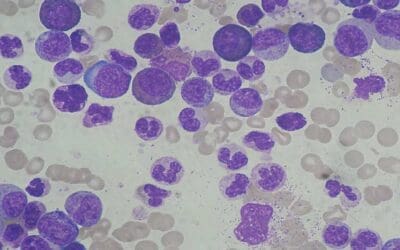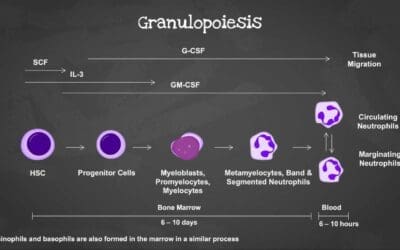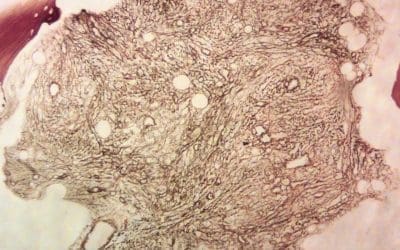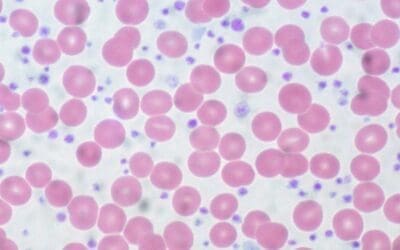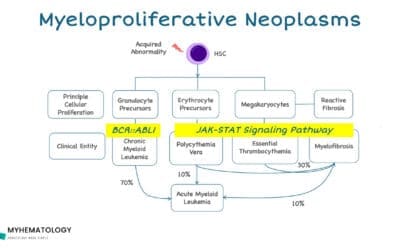Infectious mononucleosis (Mono), the “kissing disease,” is a common viral illness (EBV). Symptoms include sore throat, fever, fatigue, and swollen glands. Usually resolves on its own.
Causes of Eosinophilia (High Eosinophils)
High eosinophil count in blood. May indicate allergies, infections, or other conditions. Symptoms vary. Diagnosis via blood test.
Chronic Myeloid Leukemia Treatment Strategies
Chronic Myeloid Leukemia Treatment: TKIs are the main therapy, targeting the BCR::ABL1 gene. Chemotherapy & stem cell transplant are also used.
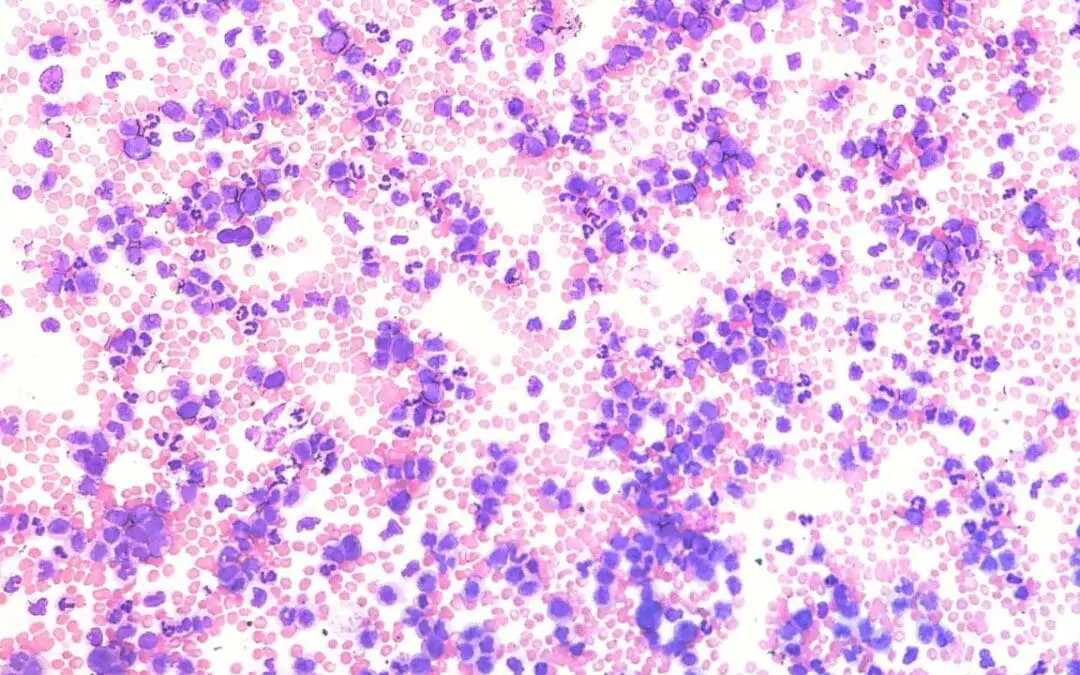
Monocytosis (High Monocytes)
Monocytosis: Elevated monocytes signal underlying health issues. Learn causes (infections, cancers), symptoms, diagnosis, and management.

Lymphocytosis (High Lymphocytes)
Lymphocytosis: High lymphocyte count. It can be a harmless immune response or signal serious conditions like leukemia.

Hypersensitivity Reactions: Causes and Mechanisms
Hypersensitivity is an exaggerated, undesirable immune response to an antigen, causing tissue damage. It encompasses four types: IgE-mediated (allergies), cytotoxic, immune complex, and delayed cell-mediated reactions.
Leukocytosis
Leukocytosis: High white blood cells, body’s response to infection or inflammation. Not a disease itself.
White Blood Cells (WBCs)
White blood cells (WBCs), also known as leukocytes, are the body’s dedicated defense force. These diverse warriors, patrolling the bloodstream and tissues, play a crucial role in the immune system.
Primary Myelofibrosis (PMF)
Primary Myelofibrosis (PMF) is a rare blood cancer affecting bone marrow, causing abnormal blood cell production & potential for enlarged spleen.
Essential Thrombocythemia (ET)
Essential thrombocythemia (ET) is a chronic myeloproliferative neoplasm (MPN) characterized by an abnormal increase in platelet production by the bone marrow.
Polycythemia Vera
Polycythemia vera is a rare blood cancer where the bone marrow makes too many red blood cells, thickening blood and raising clot risks.
Myeloproliferative Neoplasms (MPNs)
Myeloproliferative neoplasms (MPNs) are blood cancers causing overproduction of blood cells. They can be chronic and require monitoring, with some risk of transforming to leukemia. Early diagnosis is key.

